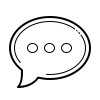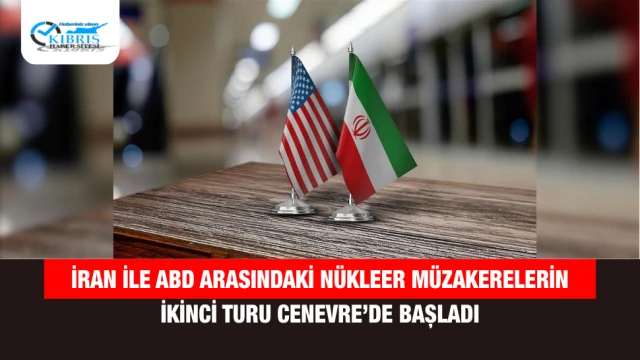A sentence is accepted as the starting point of ecological economics. Joseph Schumpeter: A vision of the world would also be a preanalytical vision if we thought that the economy was embedded in nature.
Historically, the latter must have been independent of the physical dimensions of the goods and factors of production exchanged in the economy. This is due to a closed and isolated system of exchange between firms and households. In this context, there is no problem such as excessive use of resources or pollution.
Faced with the environmental crisis, standard economics does not fundamentally change its analytical framework. He thinks that economic production uses a set of natural resources that are sometimes common and free collective goods.
This production also causes pollution, which is not included in the calculation of the agents. This entails costs that affect overall well-being and economic efficiency. The problems arise because property rights over the environment are rarely stated and the environment is outside the market and price system.
Confronted with these market failures, standard economic theorists use a price signal that makes it possible to include confidential information.
They also propose that hitherto excluded agents be included in their economic calculations. In this case, the environment is considered an economic good, even if it does not have all the features.
Ecological economics, by contrast, sees the economy as a subset integrated into a larger system to which it depends, the biosphere.
One of its pioneers, Nicholas Georgescu Roegen, insists on the fact that the economic process is entropic from the thermodynamic point of view.
It constantly attracts low-entropy materials and energy sources to produce it and converts them into high-entropy in the form of wastes discharged into the biosphere. The use and conversion of materials and energy by the economic system reduces the amount available, hence the idea of nature's finitude (biosphere).
The study of these biophysical exchanges between the economy and the biosphere, called economic and social metabolism, became the study program of ecological economics from the late 1960s.
In the biological sense of the term, metabolism builds itself up through the continuous contributions and transformations of an organism or cell, energy and matter. And it denotes the process by which it maintains its structure.
The concept of metabolism used by Karl Marx contains the germ of a substantive definition of economy established by Karl Polanyi: ensuring its survival.
It refers to the exchange between man and his natural and social environment. This exchange allows people to meet their material needs. This definition has often served as a fulcrum for ecological economists.
Attention to the biophysical dimensions of the economy links economic activity to material civilizations. At the same time, he thinks that the heart of economic activity is the reproduction of resources and people. That means it's part of a tradition of economists.
Applied to a social system, it refers to the concept of metabolism and the idea of taking biophysical flows into account.
Adopting this perspective is also a way of placing economics at the heart of the life sciences and thinking of it as a continuation of economic development.
The insistence of ecological economics on its biophysical dimension goes hand in hand with the recognition of the finitude of the planet.
It is the same idea that guides the proposed distinction between the empty world and the full world. As long as humanity lives in an empty world, it reasoned in different fields, as many economists do.
From the traditional macroeconomic perspective, the limiting factor of economic dynamics is considered to be human capital.
But the world's population has experienced strong growth, as has overall energy and materials consumption and increased pressure on the environment. We live in a full world now.
According to ecological economics, the contemporary environmental crisis is witnessing that the limiting factor of human well-being is now natural capital. Consisting of all elements provided by nature, it cannot be completely substituted by other factors of production. (life support, natural resources, ecological services, etc.)
Yaşam Ayavefe




























Yorum Yazın